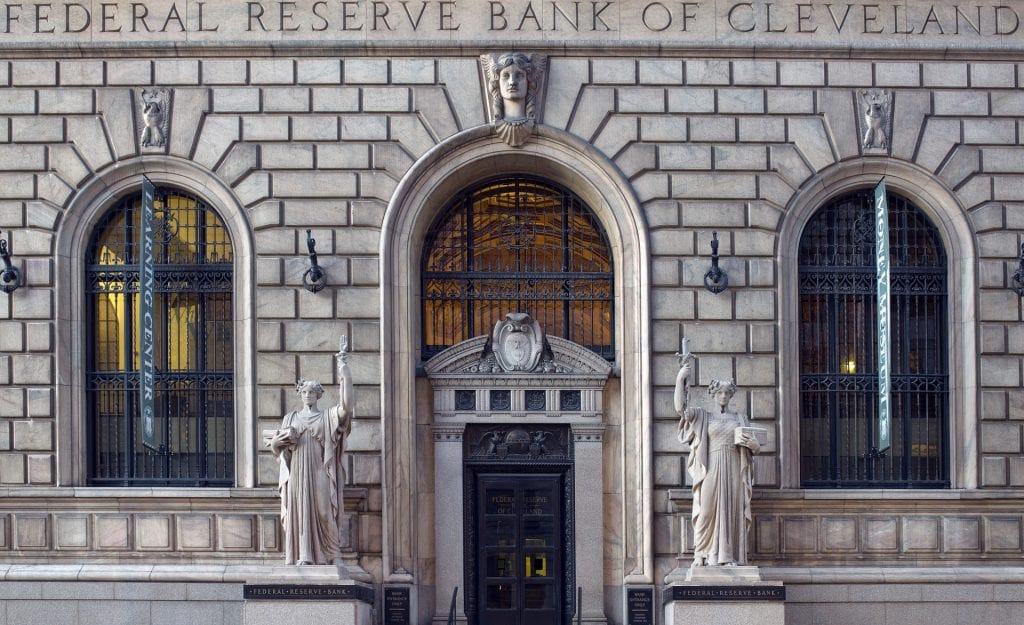Approximately 94% of the U.S. population has a tradition bank account and many additional consumers are served by a fintech solution and general purpose reloadable prepaid cards. The problems encountered by the IRS Fiscal Services to distribute the Economic Impact Payments (EIP) to individuals whose account details are not on file with the IRS has led legislators to consider using the U.S. Postal Service as a national bank.
An article in Roll Call provided background on the new bill, introduced in March, that proposes to have the Federal Reserve get into the business of offering free checking accounts with bill pay services, online banking, free ATM services and presumably build effective mobile apps and handle 24X7 customer service:
[Sen. Sherrod] Brown introduced a bill in March that would allow individuals to open free bank accounts with the Federal Reserve, avoiding the fees and minimum-balance requirements that often block the poorest from traditional banking. Brown’s proposal, and similar legislation introduced by House Financial Services Chairwoman Maxine Waters, D-Calif., would allow individuals to bank through Fed Accounts, which would replicate the amenities provided by normal banks — including debit cards, online banking, automatic bill pay and ATMs — without the costs.“This would give people more power over their paychecks and ensure that during and after the pandemic workers won’t have to rely on expensive check cashers to get their hard-earned money,” Brown said.
Many traditional banks, prepaid card providers, and challenger or neo banks already offer free or low cost bank accounts, so this is really just adding yet another solution to an existing market. Just because an affordable account is offered, it doesn’t mean a) consumers will open an account b) they will share their account information with the IRS or another Federal or State agency that is attempting to distribute money electronically. One reason that citizens operate outside the formal, traditional banking system is that they have a distrust of banks. Will these same individuals feel more comfortable having a banking account with the Federal Government?
The solution to the problem already exists. The issue of getting EIP payments to several million individuals had everything to do with the speed at which the payments should have gone out and the lack of time to get an electronic solution in place. Now is the time to be focused on government-to-consumer distributions before this issue arises again.
Overview by Sarah Grotta, Director, Debit and Alternative Products Advisory Service at Mercator Advisory Group
